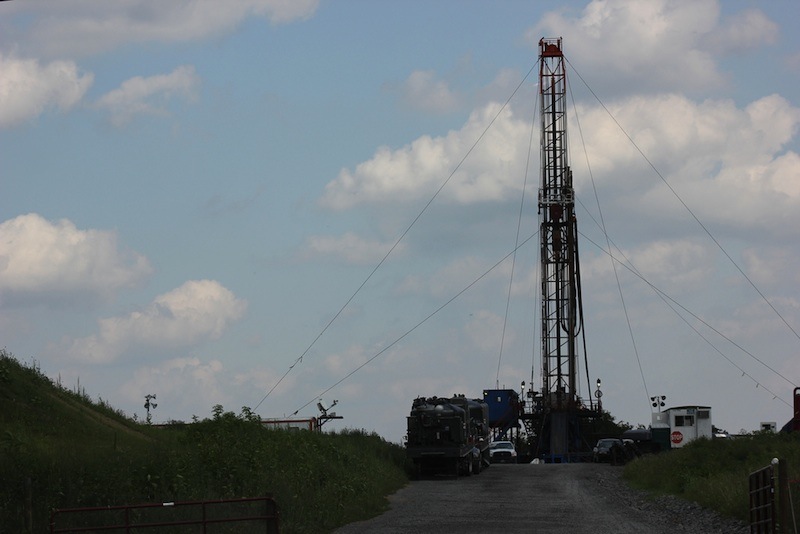Nuclear power cheaper than gas


--
The U.S. is relatively down on nuclear power and high on building gas-fired plants that tap the low cost of all that inexpensive natural gas that frackers are extracting from underground shale.
It should be the opposite way around, argues Canon Bryan in ProEdge Wire.
Putting aside the advantage that nuclear plants do not emit climate change inducing CO2 for a moment, nuclear should get the nod simply for reasons of financial risk, Bryan says in a succinct summary of a report by consultancy EnergyPath Corporation, entitled Will Low Natural Gas Prices Eliminate the Nuclear Option in the US?
All things being equal, natural gas plants are marginally cheaper than nuclear plants at $83.54 per megawatt-hour (MWh) verus $87.27 per MWh for nuclear (dollar per MWh is solid yardstick of energy economics). But all things are not equal.
Evaluating the two types of power over 60 years -- the lifetime of a new nuclear plant -- rather than the 30 years of a natural gas plant, Bryan notes that nuclear beats gas hands down as a stable investment because the long term cost of gas fuel is higher than the long term cost of nuclear fuel.
One reason: At a nuclear station, fuel represents a much lower percentage of overall costs - 10 percent versus 60 percent. While nuclear plant construction requires a huge upfront capital hit, the costs tumble once the plant is operating.
Throw in price volatility of natural gas, and suddenly the investment risk soars. Bryan notes:
"The long-term fuel cost uncertainty for gas creates significantly higher long-term investment risk...The report found that over 60 years, the nuclear plant had a 90% probability that the total cost would stay within the range of $77 to $99/MWh – a range of $22/MWh, but that the gas plant had a 90% probability that the total cost would stay within the range of $64 to $103/MWh – a range of $39/MWh – or almost double of nuclear’s range.
And the chances of gas prices rising are good. Gas is, after all, a fossil fuel, and fossil fuels are infamous for price rises. On top of that, carbon taxes on gas could push up the cost. Nuclear would not be susceptible to a carbon tax, because nuclear plants do not emit CO2.
"Once the gas plant is built, utility customers are more or less stuck with it, even if natural gas prices skyrocket, which is highly likely once cheap supplies are depleted, or even if carbon taxes are applied by governments, which is also highly likely," Bryan notes.
And the winner is?
Photo from WCN247 via Flickr
New nuclear can be less expensive than conventional uranium plants:
- Bill Gates stops chasing nuclear 'wave', pursues variety of reactors
- A nuclear reactor to help clean up the oil sands industry
- Breakthrough: Newfangled reactors will slash costs of nuclear power
You can find a rich archive of alternative nuclear stories here, including thorium, molten salt, pebble beds, fast reactors, modular reactors, fusion and more.
This post was originally published on Smartplanet.com